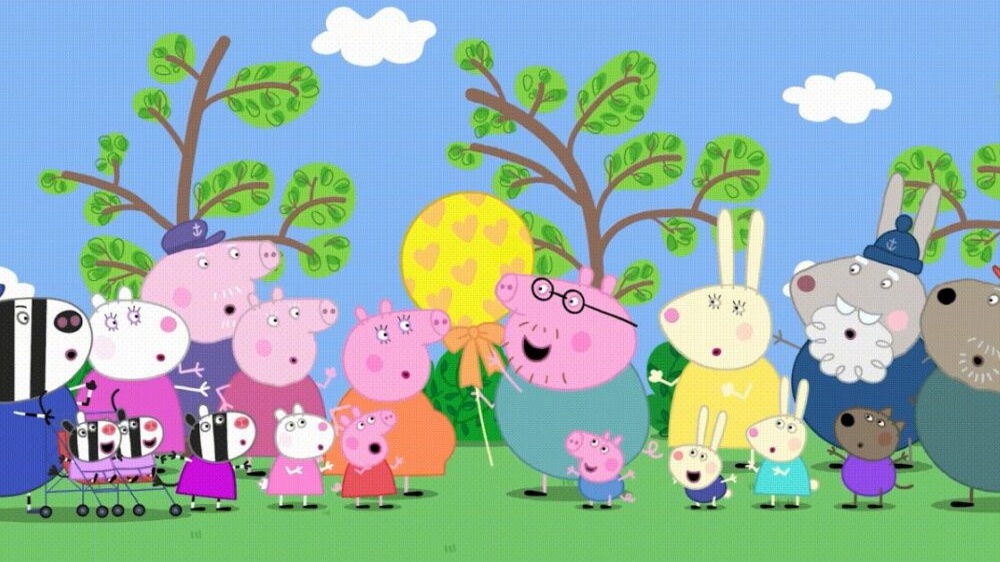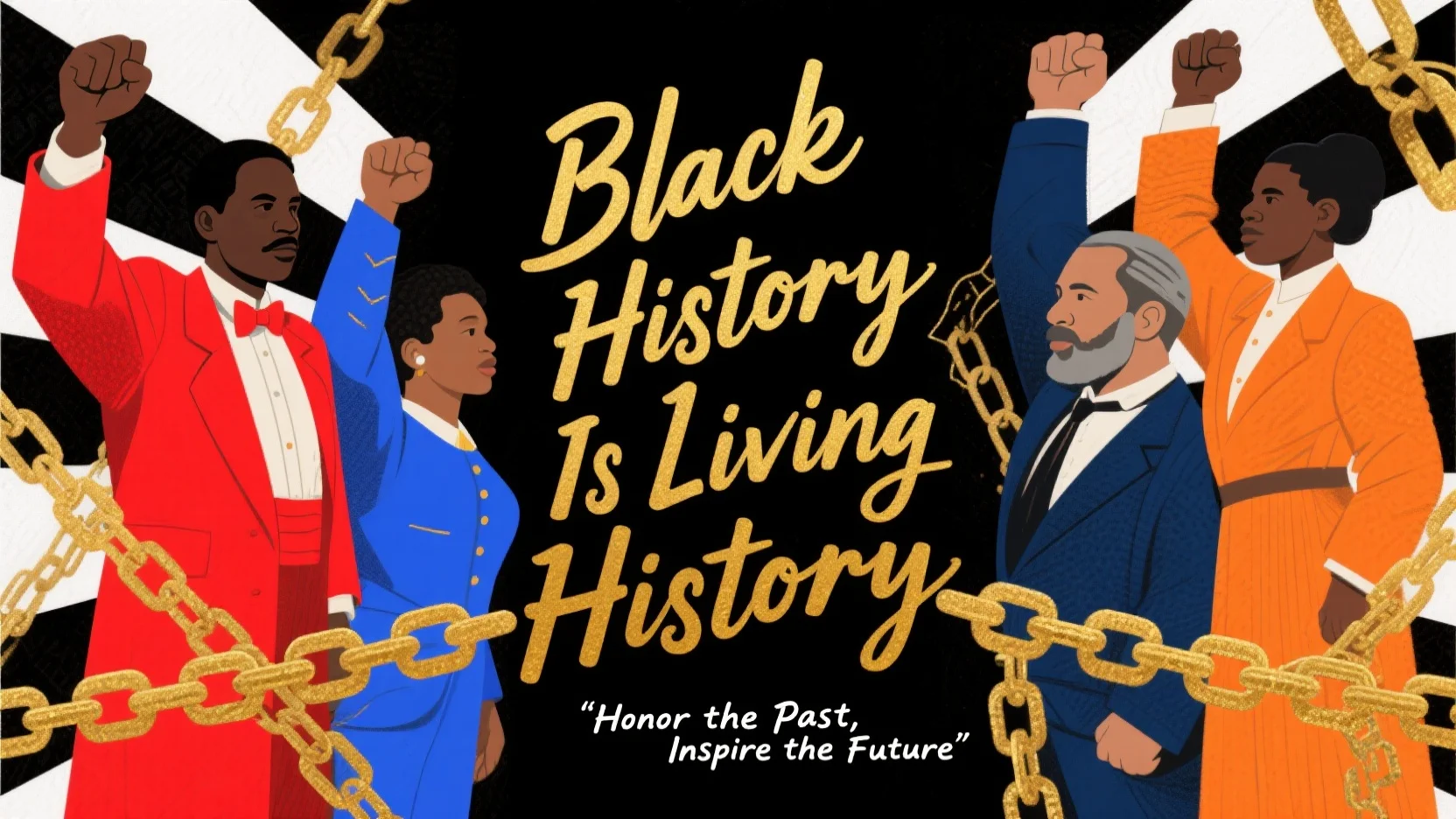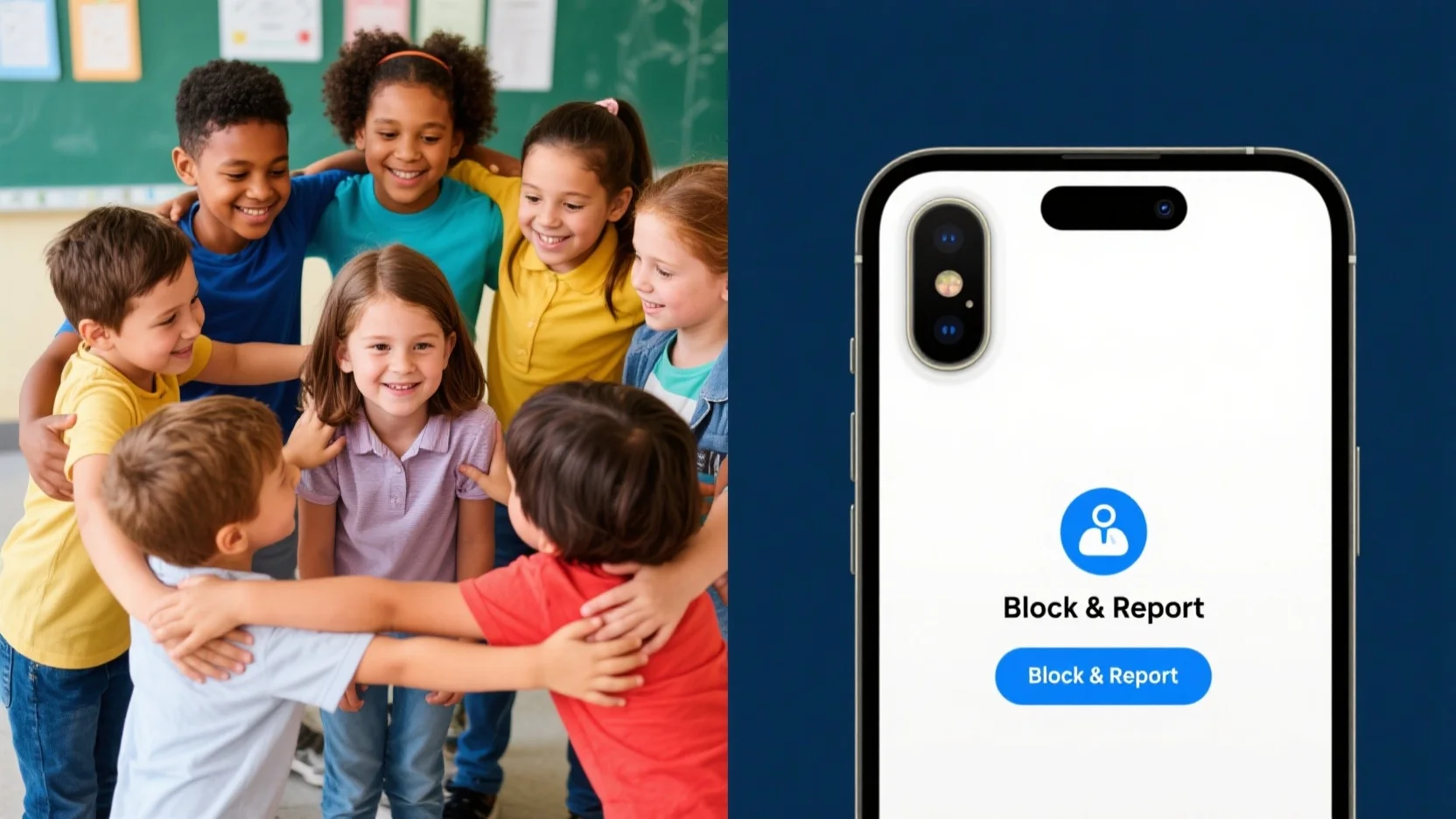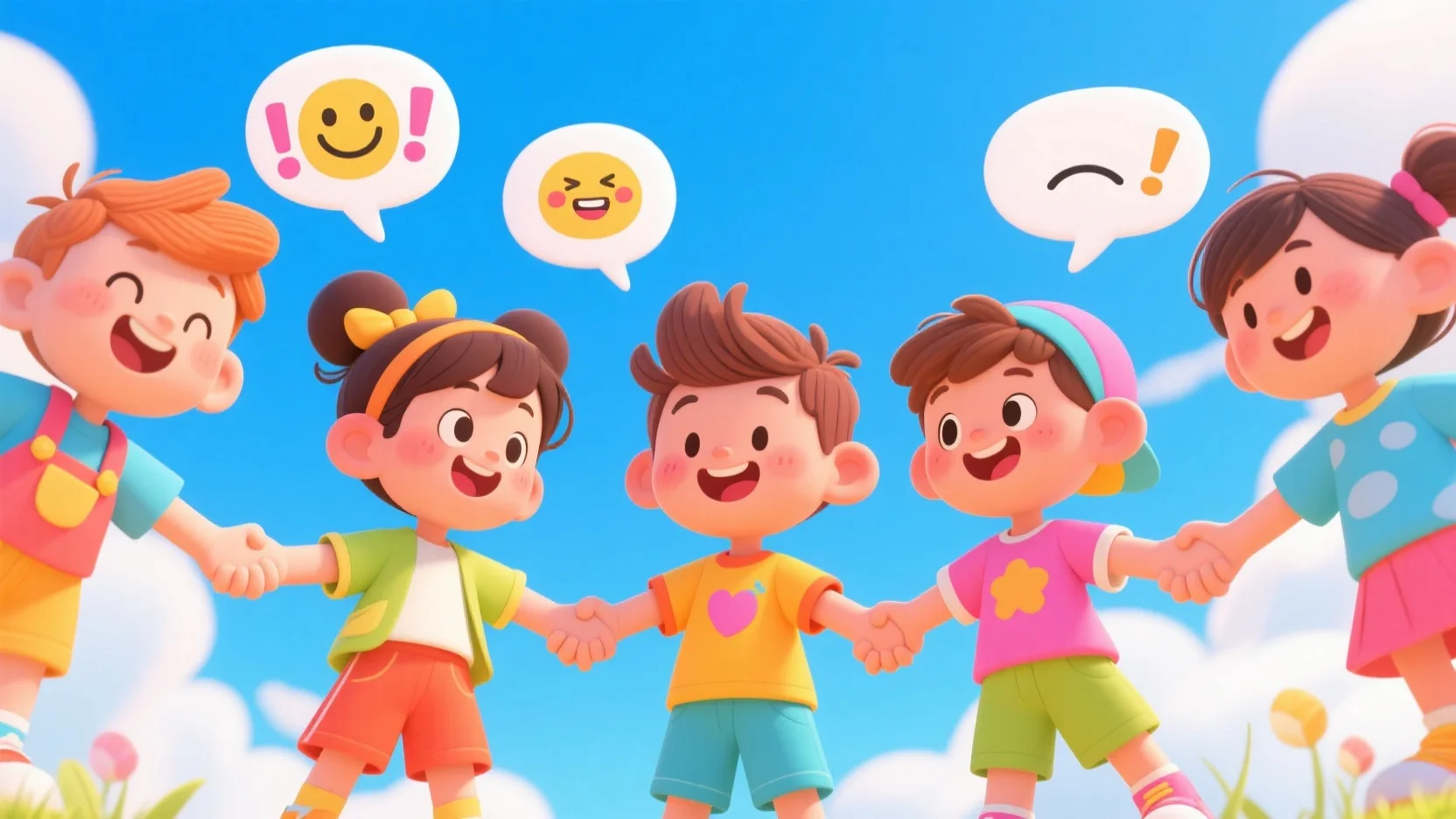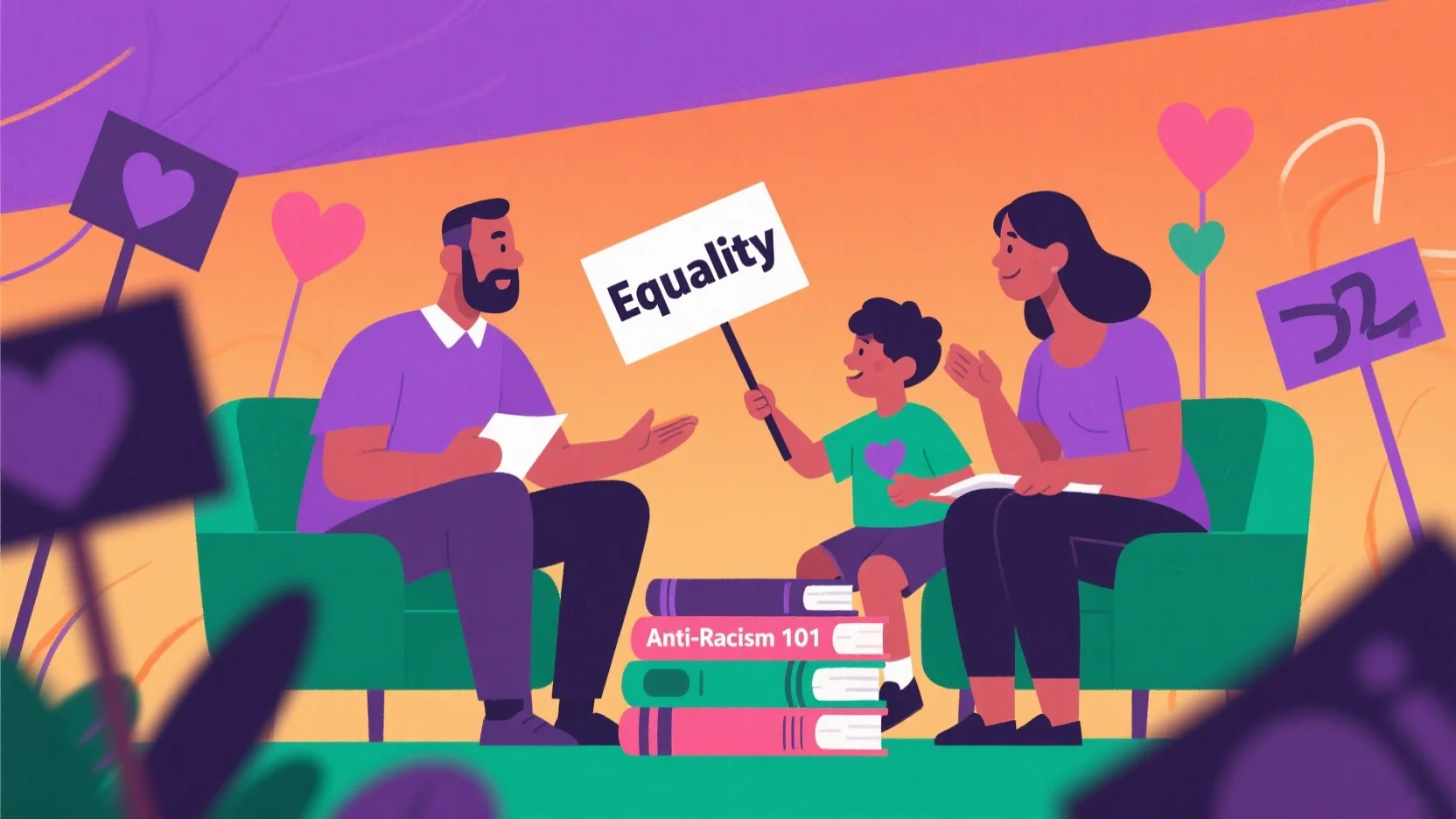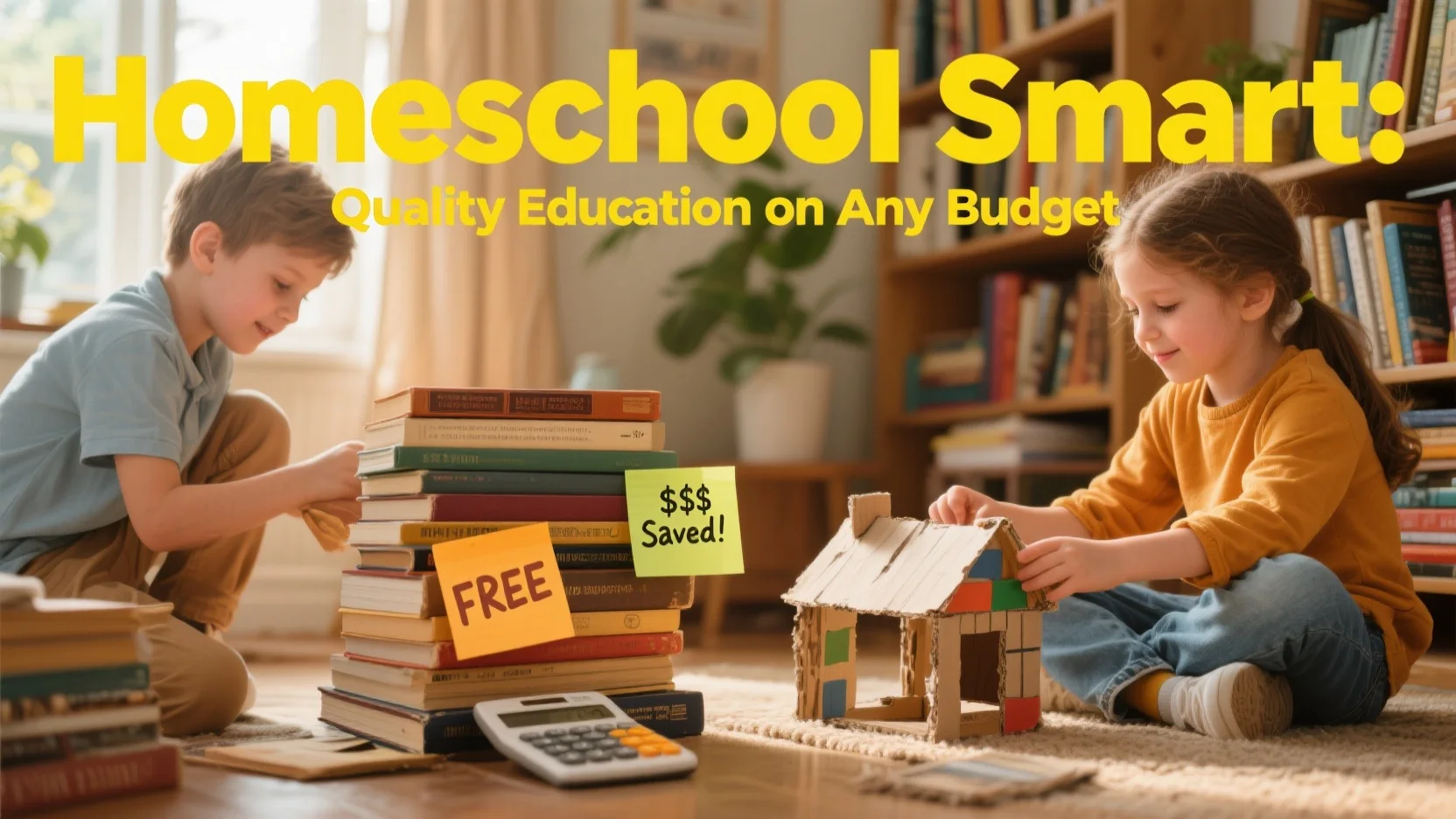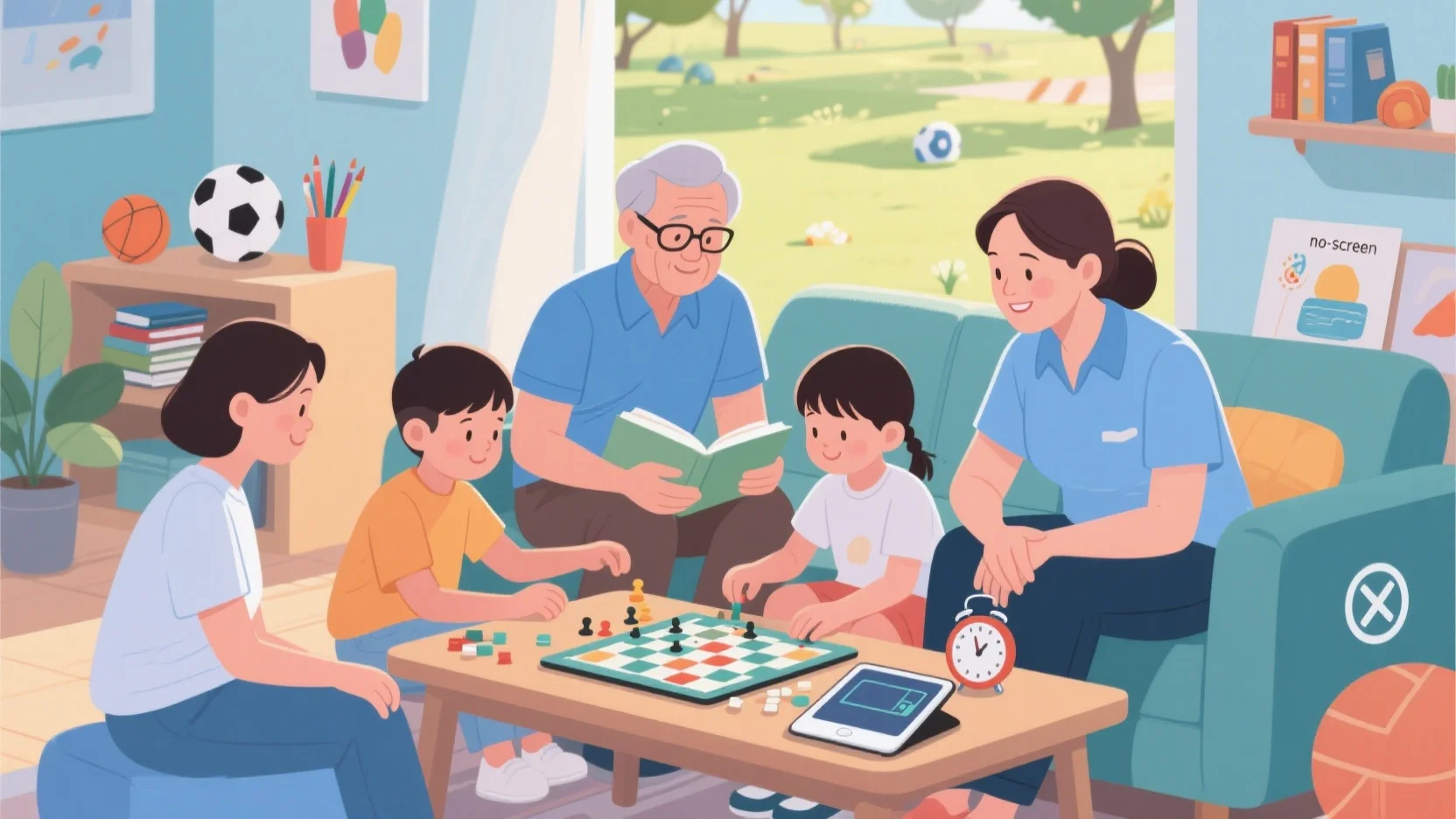Peppa Pig has become a global phenomenon among preschoolers, but is it truly educational? The answer is yes—with some caveats. Here’s a balanced look at what the show teaches (and where parents might want to supplement).
✅ The Educational Benefits of Peppa Pig
1. Social & Emotional Learning
Peppa’s stories often focus on:
✔ Friendship – How to play together and resolve small conflicts.
✔ Family bonds – Positive sibling (George) and parent interactions.
✔ Emotional vocabulary – Characters say things like “I feel cross!”or “That made me happy!”
Real Impact: Studies show kids who watch with parentspick up on these lessons better.
2. Language Development
✔ Simple, clear dialogue – Great for early language learners.
✔ Everyday vocabulary – Words about weather, animals, and daily routines.
✔ British English exposure – Accents and phrases like “muddy puddles”add variety.
Tip: Turn on subtitles to boost early reading recognition.
3. Gentle Humor & Problem-Solving
✔ Playful misunderstandings – Encourages critical thinking (e.g., “Why did Peppa think X?”).
✔ Light moral lessons – Like apologizing if you hurt someone’s feelings.
⚠️ The Downsides (and How to Offset Them)
1. Some Rude Behavior Goes Unchecked
❌ Peppa sometimes interrupts or says “Silly Daddy Pig!”without consequence.
Parent Fix: Pause and ask, “Was that kind? What could she say instead?”
2. Stereotypes & Body Comments
❌ Daddy Pig’s weight is often joked about.
❌ Limited diversity in early seasons.
Parent Fix: Newer episodes improved this—choose those! Discuss body positivity.
3. Over-the-Top Reactions
❌ Characters snortor dramatically fall over—some kids imitate this.
Parent Fix: Laugh together but remind, “We don’t really do that to friends!”
How to Make Peppa Pig MoreEducational
- 1.Watch Together – Chat about the story afterward.
- 2.Act Out Scenes – “How would YOU share with George?”
- 3.Expand on Themes – After a rain episode, jump in real puddles!
- 4.Balance with Other Shows – Try Daniel Tigerfor deeper social lessons.
The Verdict
Peppa Pig is educational for:
🔹 Social skills
🔹 Language growth
🔹 Everyday concepts
But it works best with parent interaction to reinforce the good and discuss the iffy parts.
Alternatives to Mix In:
- •Bluey(better emotional depth)
- •Daniel Tiger(clearer life lessons)
- •Ms. Rachel(for speech development)
Final Tip: If your child loves Peppa, use it as a springboard for play and learning—not just screen time. 🐷💦
